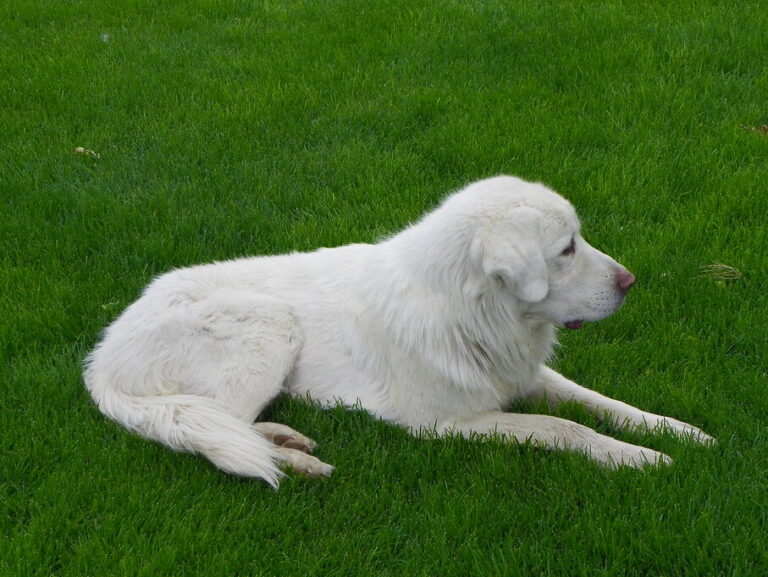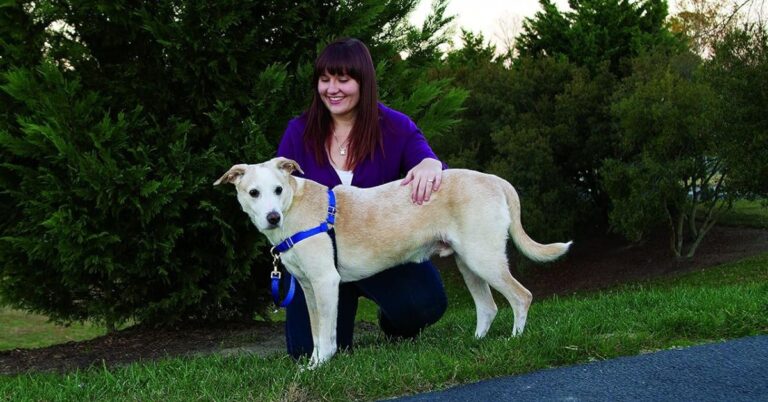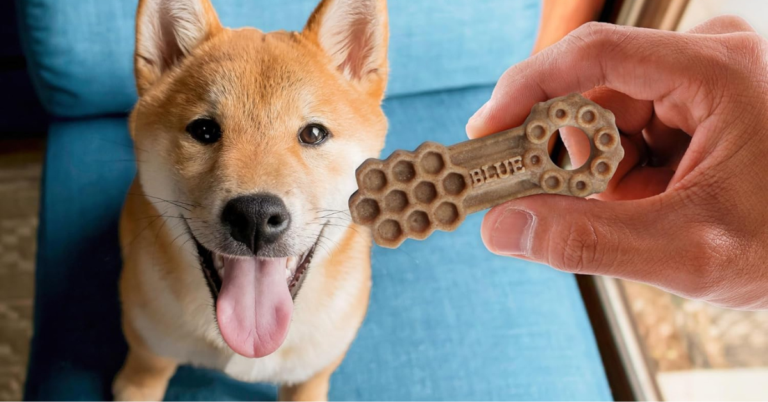How To Know When Your Dog Needs To Change Diet

A dog’s diet can directly affect its overall health and behavior. Similarly, inadequate nutrition can result in several problems, from changes in weight to digestive disorders. Here are 10 signs that your dog may need a new diet to improve its well-being. Let’s discuss.
Weight Gain Or Loss
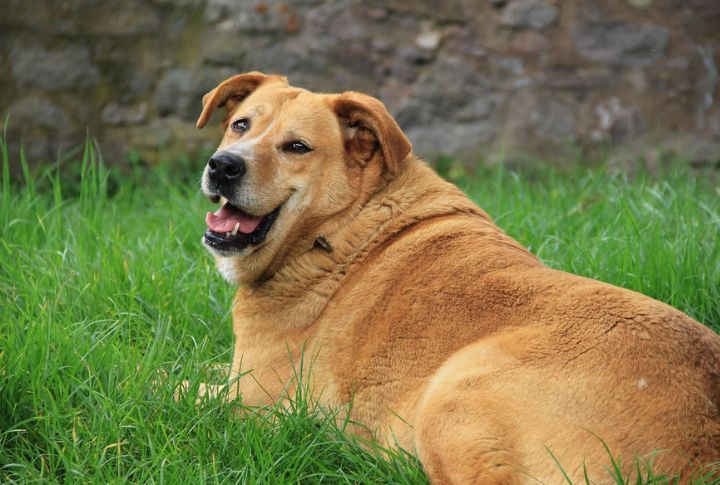
Sudden changes in your dog’s weight often stem from a diet heavy in empty calories or lacking enough protein. A food rich in lean proteins and fiber can help regulate weight naturally. If your dog’s size fluctuates without an obvious reason, it’s time to reevaluate what fills the bowl.
Lack Of Energy

When your once-playful pup seems tired after minimal activity, their diet could be missing B vitamins, especially B12 and thiamine. These vitamins fuel energy production at the cellular level. Here’s what to do: Boost meals with high-quality meats and grains to support stamina and restore that wagging tail energy.
Dry Or Flaky Skin

Remember how your childhood dog’s coat used to glisten under the sun? That magic came from a diet rich in Omega-3 and Omega-6 fatty acids. If your pup’s skin flakes like an old newspaper, bring back that healthy glow with salmon oil, flaxseeds, or vet-approved fatty acid supplements.
Frequent Itching Or Licking

If your dog can’t stop scratching or obsessively licking its paws, it might not just be seasonal allergies. Food intolerances—especially to common proteins like beef or dairy—can trigger chronic itching. Switching to a limited-ingredient or hypoallergenic formula can ease discomfort and help your dog feel calm in its skin again.
Dental Problems
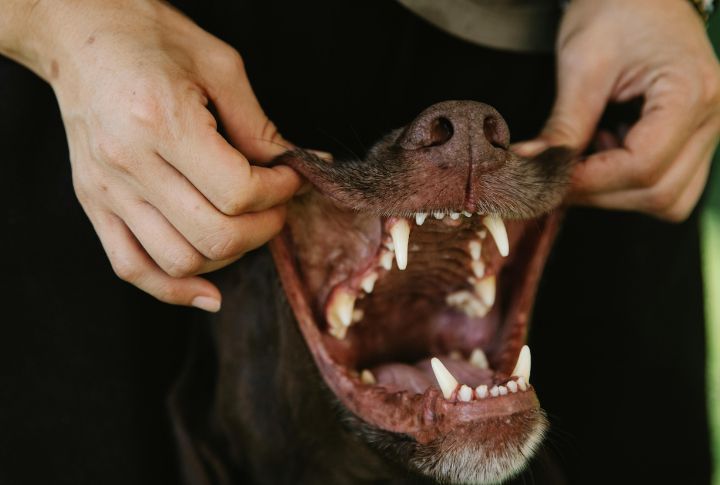
If your dog’s breath could knock over a plant, blame more than just poor brushing! Diets low in crunchy foods and calcium make plaque a villain. Switch things up with kibble that fights grime and calcium-packed treats to turn that dragon breath into a winning smile.
Behavioral Changes

A shift toward anxiety, irritability, or depression can indicate a lack of essential amino acids like tryptophan. These nutrients support serotonin production, which is a mood stabilizer. Therefore, incorporating turkey, eggs, or balanced canine formulas can help bring emotional balance back to your dog’s daily life.
Excessive Shedding

Think back to when your childhood dog’s fur felt thicker than a winter quilt. Excessive shedding now could mean Vitamin A or zinc shortages. Bring back that full, lush coat by feeding foods like liver, carrots, or seafood or choosing specially fortified nutrition plans.
Strong Foul Odors
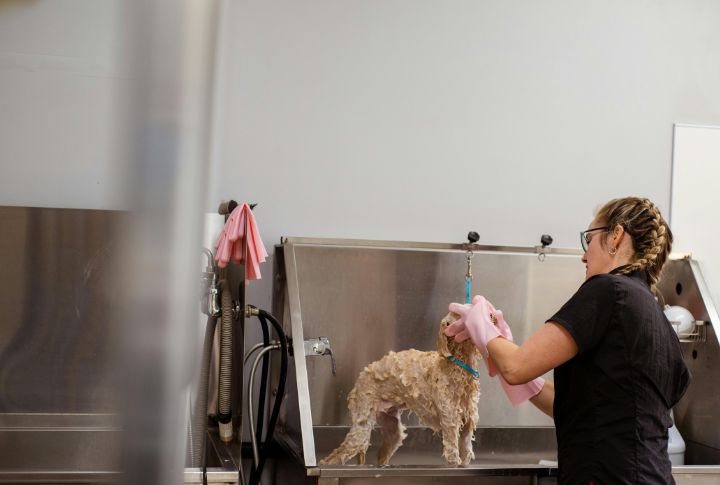
Malodorous body and breath odors often originate from an imbalanced gut microbiota, exacerbated by the absence of dietary prebiotics and probiotics. Therefore, introducing beneficial strains through fortified foods or supplements enhances microbial balance, consequently reducing undesirable odors emitted through skin or respiration pathways.
Recurring Health Issues
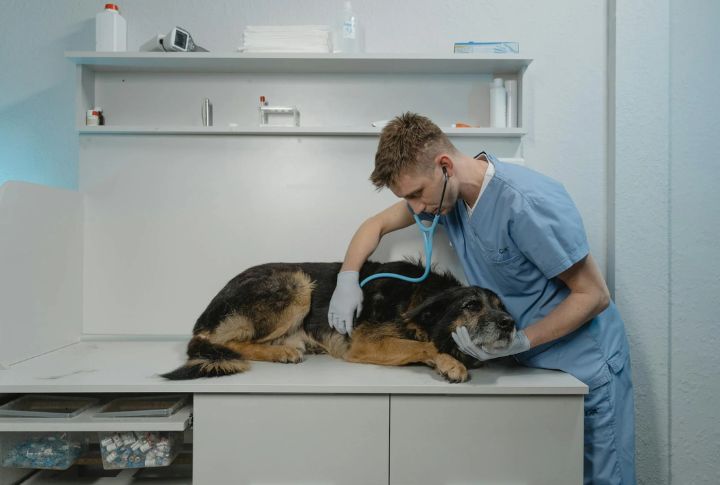
When infections seem to knock too often, it signals an immunity gap—often fueled by low antioxidant intake, particularly Vitamin E. Fortifying the diet with antioxidant-rich foods like blueberries, spinach, and fish oils supports immune resilience, thus minimizing recurring health challenges and promoting overall vitality.
Digestive Issues

Digestive issues are another common sign of an imbalanced diet. A switch to a simpler, more digestible diet can make a noticeable difference. Proteins like chicken or fish and gentle carbohydrates such as white rice or oatmeal are often well tolerated. It’s always best to consult your veterinarian for tailored advice.
